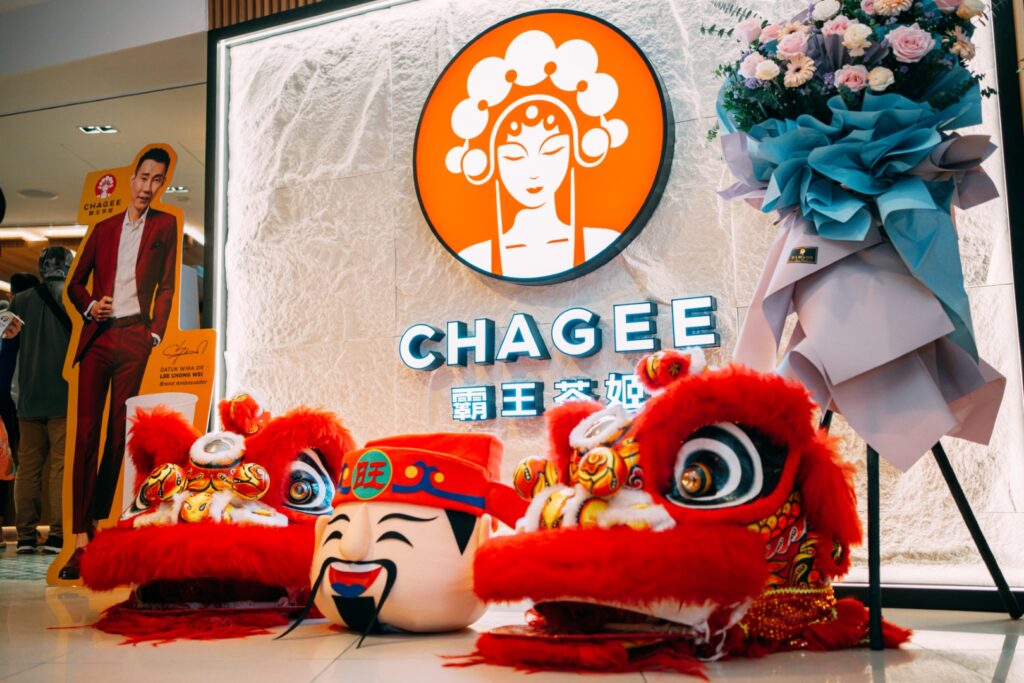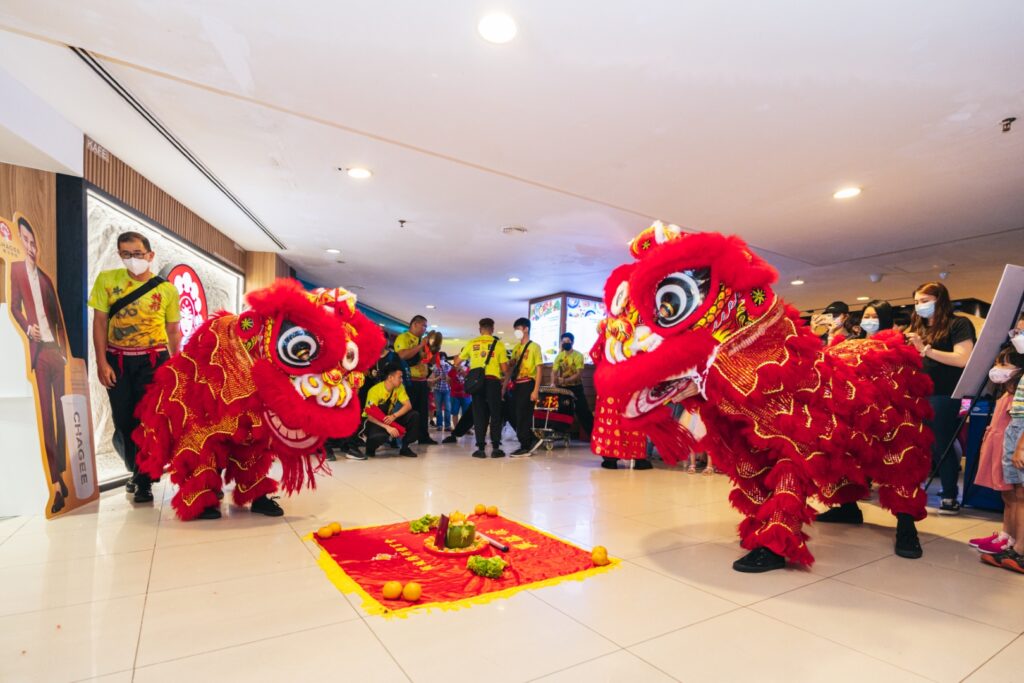Top 5 Unique Event Photography Styles in Penang

Capturing the essence of your event is all about finding the right photography style to complement the occasion. In Penang, with its vibrant culture and breathtaking locations, event photography is transforming into an artistic, narrative-driven medium. In this in-depth guide, let’s explore the top five event photography styles in Penang to help you decide which one best fits your needs.
1. Documentary Photography Style
Definition and Characteristics
Documentary-style photography captures the event as it naturally unfolds in a candid, unobtrusive manner. Intrinsically authentic, this style focuses on genuine interactions, emotions, and atmosphere.
Advantages of Documentary Style
- Stay true to the event, presenting an accurate, unadulterated visual narrative
- Capture unexpected and behind-the-scenes moments otherwise overlooked
- Encourages a relaxed environment, as participants are not pressured to pose for the camera
Disadvantages of Documentary Style
- The outcome might be less polished, with fewer picture-perfect portraits
- Missed opportunities for posed photos with key attendees and certain combinations of guests
- Does not guarantee that all guests will be featured in the final collection


When to Choose Documentary Style
This style is ideal for events where you wish to record a genuine, unfiltered representation of the occasion, such as intimate, family-centered milestones or corporate occasions highlighting team-building and dynamics.
2. Traditional Photography Style
Definition and Characteristics
Traditional photography involves posed, formal photographs that follow a structured composition. It’s a classic, time-tested approach that conveys elegance and refinery.
Advantages of Traditional Style
- Ensures that key moments, attendees, and combinations of individuals are covered
- Offers high-quality, polished images suitable for framing or formal publications
- Perception of certainty—clients understand what results they will receive
Disadvantages of Traditional Style
- Less creative freedom and fewer spontaneous snaps
- Events may feel disrupted as subjects pause to take posed shots
- Can elicit a more staged appearance with less emotional depth
When to Choose Traditional Style
Opt for this style if your event—such as a prestigious gala or an awards ceremony—requires formality and sophistication. Traditional photography is perfect when you want a structured, timeless representation of key participants and highlights.
3. Photojournalistic Style
Definition and Characteristics
Photojournalism treats the event like a breaking news story, blending documentary and traditional styles. It highlights spontaneous, candid moments, while also showcasing iconic elements.
Advantages of Photojournalistic Style
- Captures a wide variety of moments, both candid and posed
- Chronicles memorable emotional exchanges between attendees
- Provides visual diversity in your final collection
Disadvantages of Photojournalistic Style
- Creative interpretation might clash with client expectations
- Necessitates clear communication to understand the balance of candid and posed shots
- Requires a more discerning eye to review, edit, and curate the final collection ensuring cohesion
When to Choose Photojournalistic Style
This style is suited to events with a dynamic atmosphere, such as corporate retreats or larger-scale celebrations, where carefully crafted storytelling takes center stage.
4. Editorial Style
Definition and Characteristics
Drawing inspiration from fashion magazines, the editorial style elevates creativity and artistic flair. It employs dramatic lighting, stylish posing, and unique angles for striking visuals.
Advantages of Editorial Style
- Produces visually appealing, artistic captures
- Provides memorable, eye-catching images for marketing and promotions
- Adds a touch of elegance and sophistication to your event
Disadvantages of Editorial Style
- Time-consuming, as it requires careful staging and coordination with other elements
- Might overshadow the actual event with a focus on aesthetics
- Demands a higher level of creative collaboration between the photographer and the client
When to Choose Editorial Style
Highly suitable for events emphasizing aesthetics, such as product launches, fashion shows, or innovative brand activations where bold visuals are key to creating buzz.
5. Illustrative Style
Definition and Characteristics
Illustrative style fuses aspects of traditional, photojournalistic, and artistic techniques. By setting up visually engaging scenes, the result is a collection of images that are compelling, emotional, and beautiful.
Advantages of Illustrative Style
- Combines the best of both worlds: candid and posed photography
- Showcases creativity and storytelling through well-staged visuals
- Appeals to a wide range of preferences with its diverse approach
Disadvantages of Illustrative Style
- Demands a high skill level to execute the right balance of techniques effectively
- May require more planning and coordination than other styles
- Risks appearing overly staged or contrived, if not executed well
When to Choose Illustrative Style
This style is perfect for events with refined themes, offering an eclectic fusion of visual storytelling and artistry, such as luxury weddings, gallery openings, or charity galas.
Conclusion
From the candid charm of documentary style to the eye-catching drama of editorial photography, each style possesses a unique essence. When choosing the best event photography style in Penang, consider your event’s theme, purpose, and desired atmosphere. Spend some time browsing galleries such as Wspace Creatives’ portfolio to see these styles in action and ingrain the desired skills and understanding that are vital for your event’s success.
Remember, matching the style with your vision and your photographer’s expertise can create a visual masterpiece that transcends time and captures the heart of your event.

